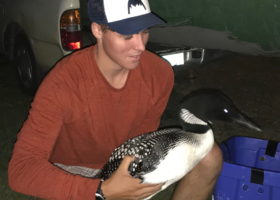
Field Update: Loon Wins and Losses
Every year, some of our returning loons get themselves into “hot water,” so to speak. Eric Hanson, VCE’s loon biologist, gives us his mid-season good news/bad news update here.
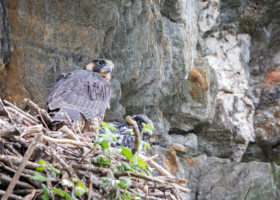
2018 Peregrine Falcon Nesting Season Complete
The Vermont Fish & Wildlife Department recently announced that Peregrine Falcon nesting season has ended, so hikers and rock climbers can return to Vermont cliffs starting August 1, 2018.
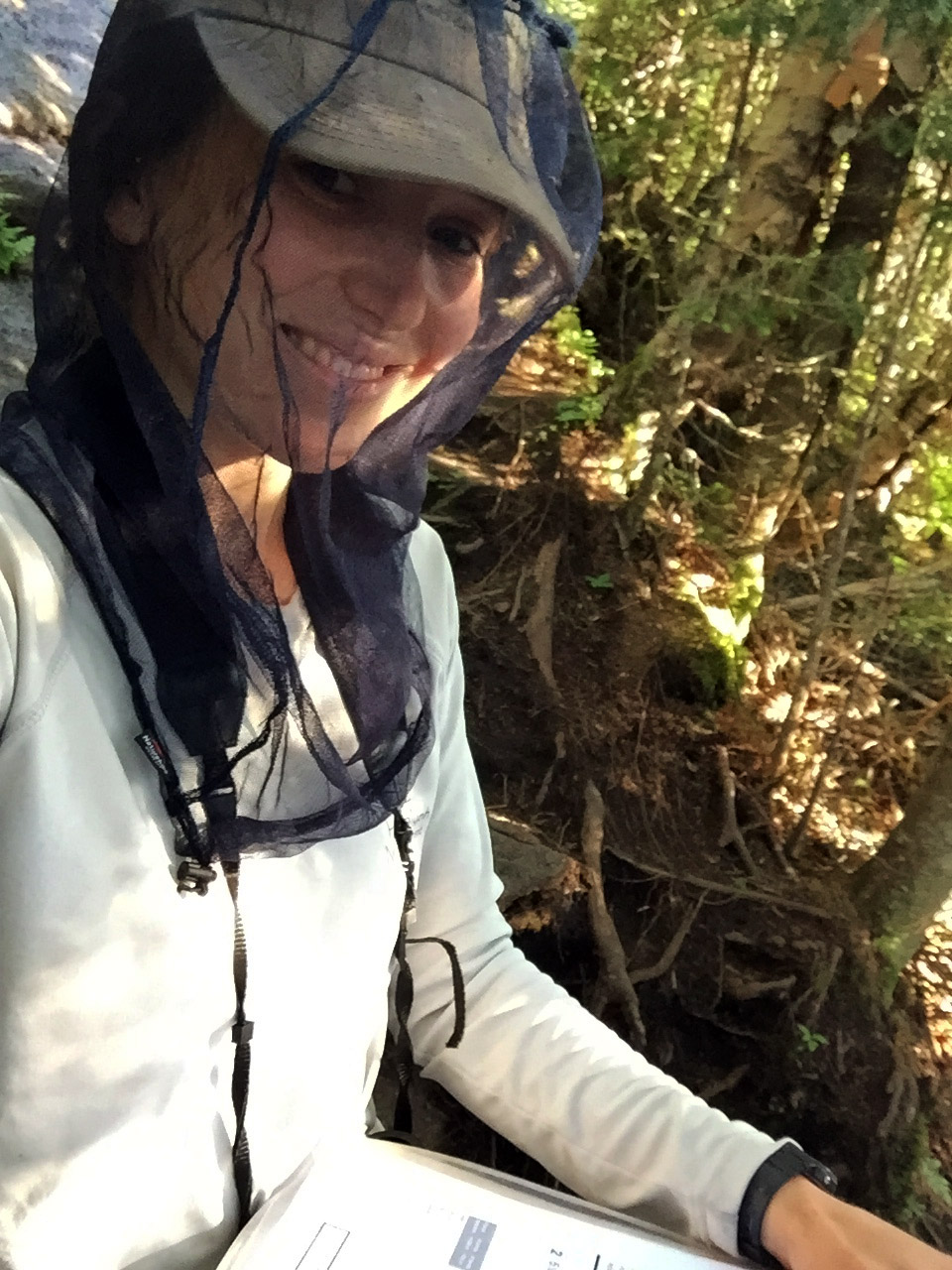
Weathering Whitcomb for Mountain Birdwatch
Tara Rodkey, VCE’s 2018 Alexander Dickey Conservation Intern, shares her reflections on a particular Mountain Birdwatch site on a mid-summer’s day (and night).
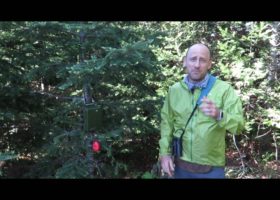
VCE Vlog: Field Update from the Great North Woods
VCE Director of Science John Lloyd recently emerged from the Great North Woods long enough to seek out a WiFi signal to share this brief update from the field. All of us here at VCE were relieved to see that the mosquitoes had not yet carried him away.
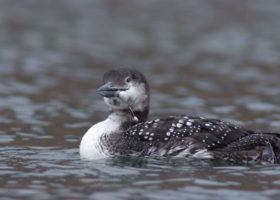
Lead Fishing Tackle Detrimental to NH Loon Population
A recent study of mortality in New Hampshire loons over 24 years reveals that ingestion of lead fishing gear (primarily jigs and sinkers) is the leading cause of death among adults. This troubling discovery helped spur a regulatory ban on sale and use of lead tackle, and lead-caused loon mortality rates have since declined statewide.
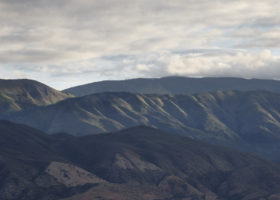
Success: Crossing Boundaries for Conservation
VCE announces finalization of the Strategic Conservation Plan for Sierra de Bahoruco National Park in the Dominican Republic. The plan, which VCE helped to both fund and facilitate, aims to preserve the park’s unique forested habitats for the benefit of plants, wildlife, and humans alike.
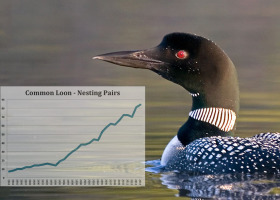
The Natural and UnNatural Life of Loons
VCE loon biologist, Eric Hanson, recently spoke to a crowd at our monthly Suds & Science series at the Norwich…
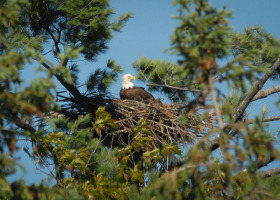
Loons Post Record Year for Nesting Success, Bald Eagle Nesting Down
Vermont’s loon population had a record year for nesting success, producing 65 fledglings, or chicks that survived to leave the…
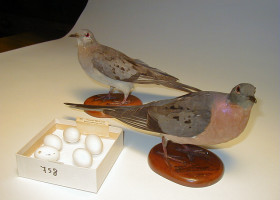
A Sad Centennial
A sad 100th anniversary tomorrow. On September 1, 1914, the last passenger pigeon in the world, Martha, died in the…
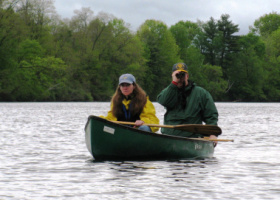
It’s Birdathon Time!
Team VCE is gearing up for another low-carbon Birdathon on May 20. After some dawn birding on-foot to a diversity…
